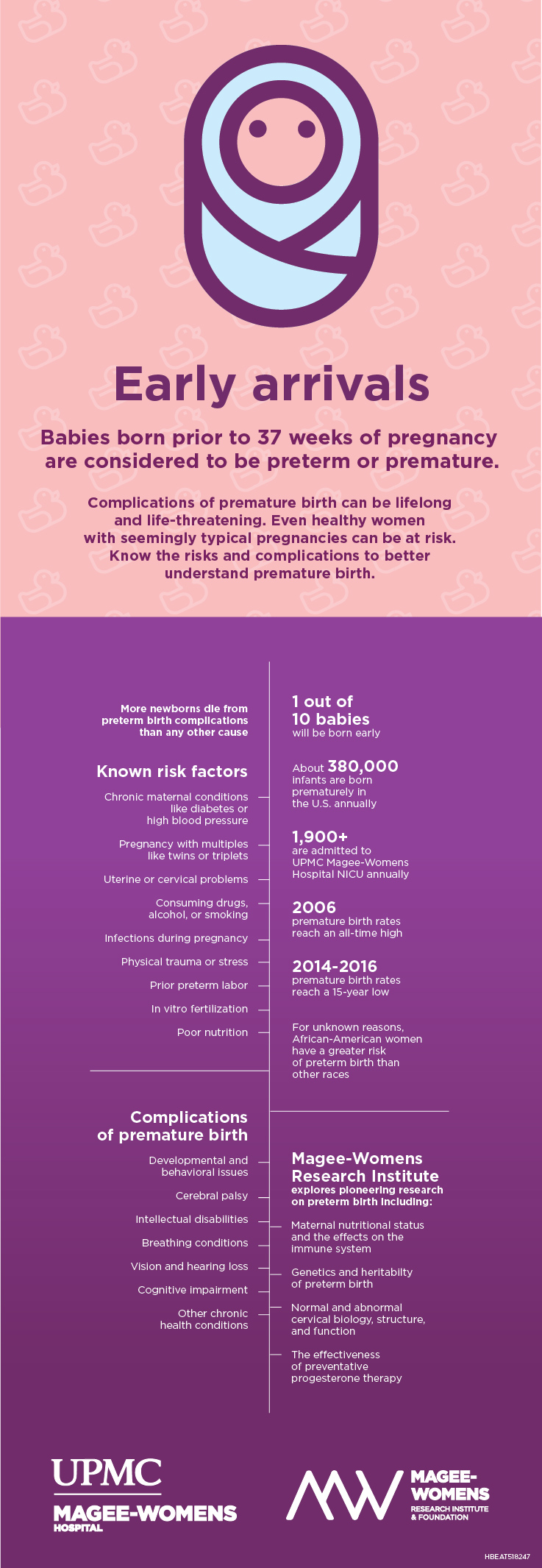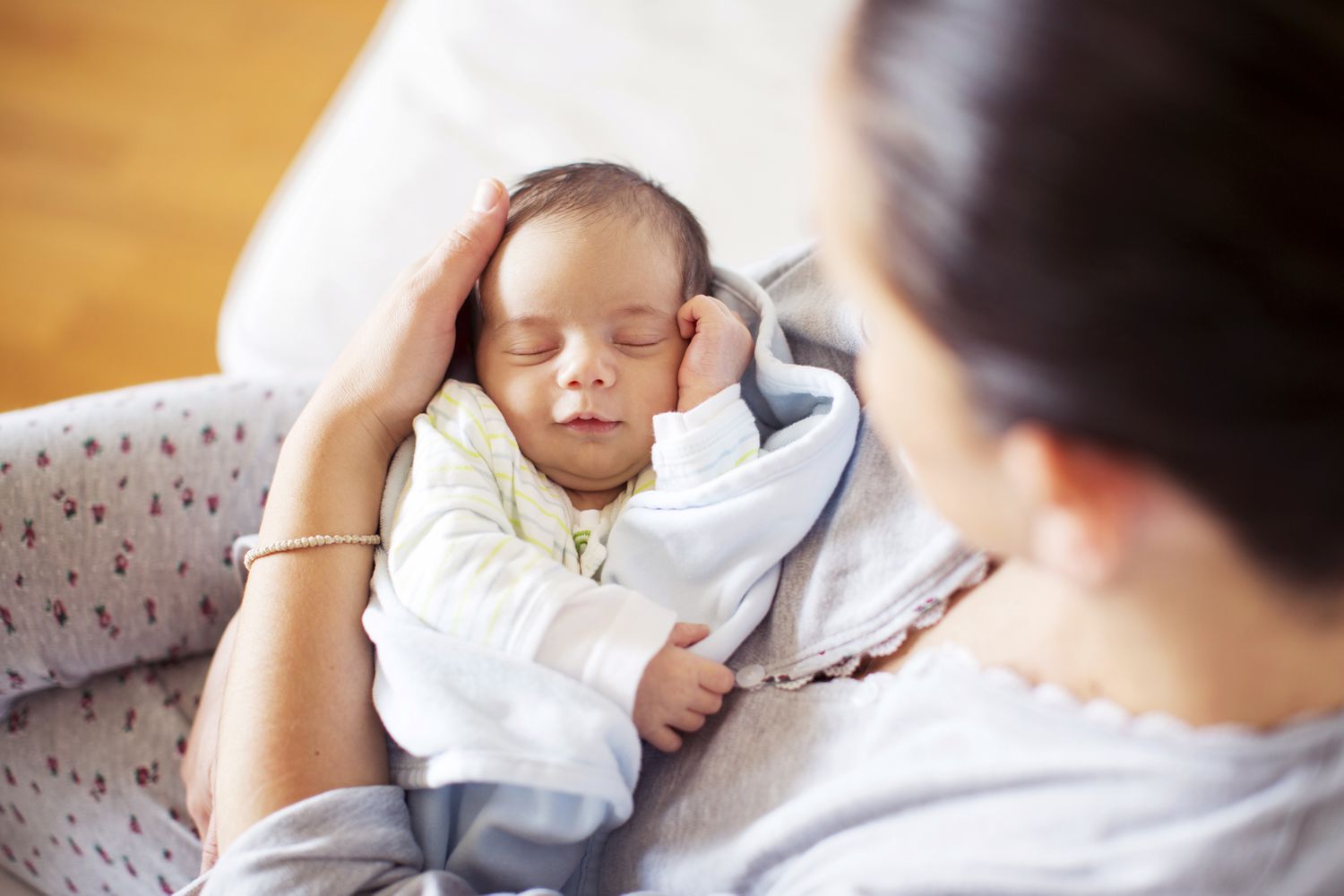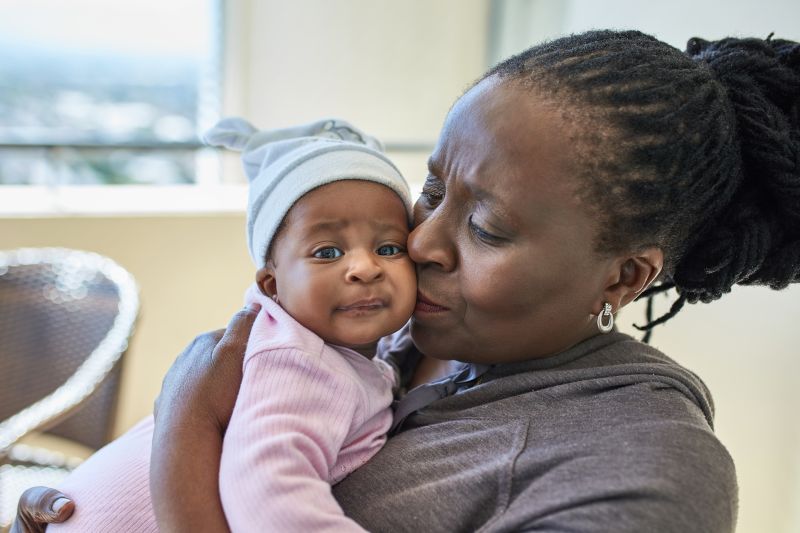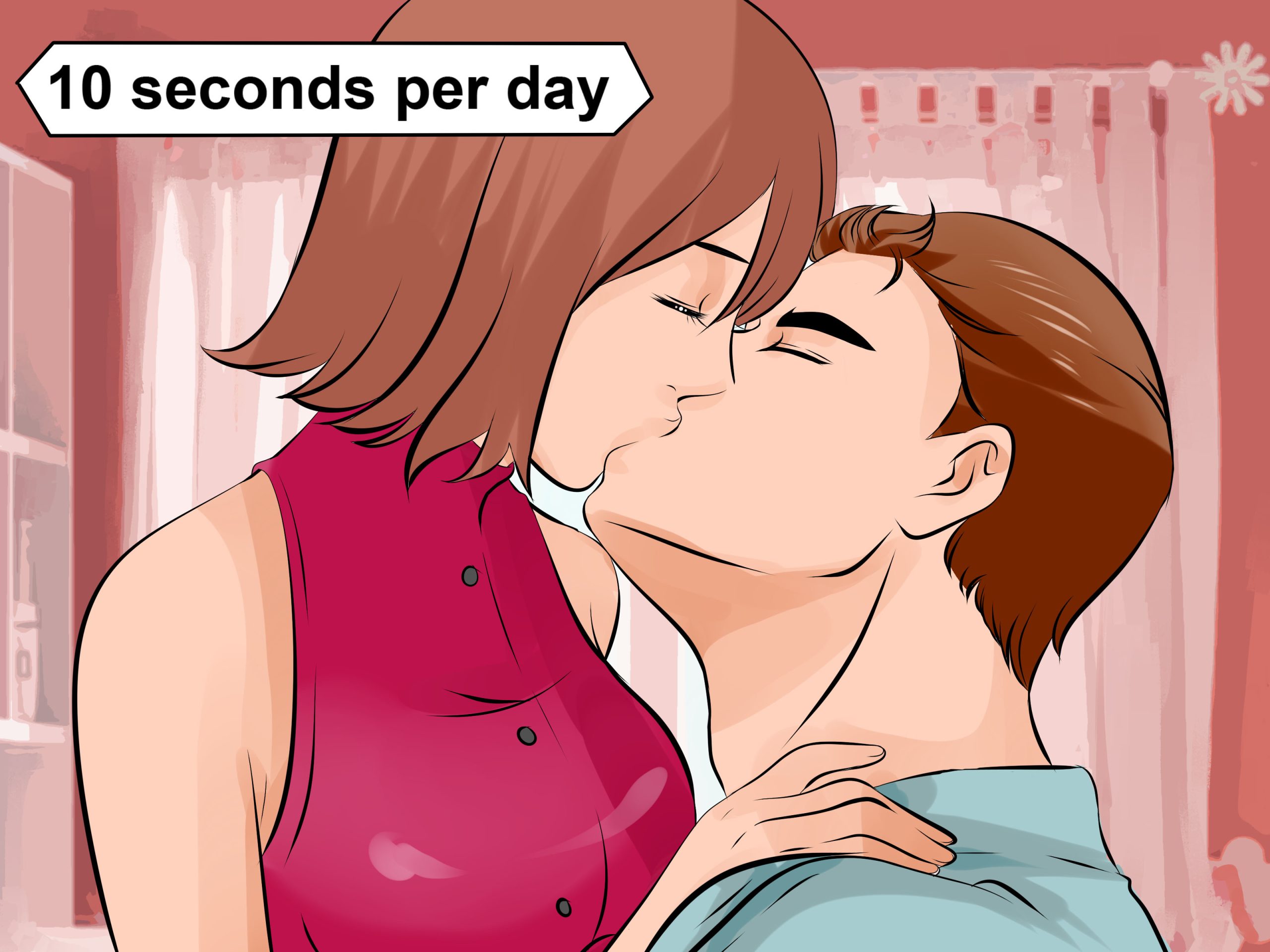Possible Complications After Childbirth: Understanding the Risks.
Possible complications after childbirth include bleeding, infections, and blood clots. These complications can occur in the days immediately following childbirth or even weeks after delivery.
Childbirth is an incredible yet demanding experience for a woman, both physically and emotionally. While many women and their babies emerge from the delivery room unscathed, complications can arise. Bleeding, infections, and blood clots are just a few possible complications that can occur after giving birth.
These issues can occur in the days right after childbirth or even weeks later, and can result in prolonged hospital stays, life-threatening situations, or even death. It is important for women to be aware of the possible complications that may arise, seek immediate medical attention if they experience any symptoms, and follow their doctor’s instructions for recovery. In this article, we will explore some of the possible complications after childbirth and what women can do to prevent and manage them.

Credit: share.upmc.com
Immediate Complications
Possible Complications After Childbirth: Immediate Complications
Childbirth is a challenging process for both the mother and the baby. It is essential to remember that during childbirth, it is normal to experience some blood loss, but severe or heavy bleeding is a cause for concern.
Heavy Bleeding
Heavy bleeding or postpartum hemorrhage can occur after childbirth and is a severe condition that requires immediate medical attention.
- Heavy bleeding during a vaginal delivery is unusual, but it can occur in some cases.
- A c-section delivery can increase the risk of heavy bleeding.
- Early recognition of excessive bleeding is critical in managing this complication.
- The medical team must monitor the mother’s blood loss closely.
Infection
An infection after childbirth can occur in any part of the body exposed during delivery, including the uterus, bladder, or the skin.
- Mothers with a weakened immune system are at a higher risk of infection after childbirth.
- Postpartum infections can cause fever, body aches and other symptoms.
- Proper hygiene, such as washing hands frequently, can decrease the risk of infection.
- Antibiotics can help to treat infections.
Blood Clots
Blood clots are a potential complication of childbirth.
- Some women may be at a higher risk of blood clots after delivery, especially if they had a c-section or other complications during childbirth.
- Blood clots can occur in the legs, lungs, or any other part of the body.
- It’s essential to stay active and wear compression stockings as advised by the medical team to reduce the risk of blood clots.
- It is critical to seek medical help immediately if any symptoms of blood clots appear.
Immediate complications after childbirth such as heavy bleeding, infection, and blood clots can pose severe risks to mothers and require prompt medical attention. It’s crucial to know the warning signs and to seek help if any symptoms surface.
Delayed Complications
Possible Complications After Childbirth: Delayed Complications
After giving birth, many women experience complications that can range from common, mild conditions to rare, life-threatening illnesses. While some complications are immediate and happen just after childbirth, others don’t appear until weeks, months, or even years later. In this section, we will discuss the common delayed complications that a woman may face after giving birth and how they can be addressed.
Postpartum Depression
Postpartum depression (ppd) is a common complication experienced by new moms that can happen weeks or months after giving birth. It is a severe form of depression that requires medical attention.
- Extreme sadness, hopelessness, or emptiness
- Difficulty bonding with the baby
- Loss of interest in things that once brought joy
- Changes in sleep patterns
- Lack of appetite or overeating
- Thoughts of harming oneself or the baby
If you are experiencing any of these symptoms, it’s essential to seek help from a healthcare provider right away. Treatment options for ppd might include therapy, medications, and support groups. With timely attention to this condition, most women recover completely.
Pelvic Organ Prolapse
Pelvic organ prolapse (pop) is another potential complication that happens when the pelvic organs (bladder, uterus, or rectum) descend into the vaginal walls or even push through the vaginal opening. Common causes of pop include a weakened pelvic floor resulting from vaginal deliveries, menopause, or age.
- A feeling of pressure or heaviness in the pelvis
- Painful intercourse
- A visible bulge in the vagina
- Difficulty passing urine or feces
Treatment for pop will depend on the severity of the prolapse and the woman’s symptoms. Options may include pelvic floor exercises, the use of a pessary, or surgery. It’s essential to discuss your symptoms with your healthcare provider as soon as possible to determine the best course of action.
Urinary Incontinence
Urinary incontinence (ui) is a condition where urine leaks involuntarily from the bladder. This condition can happen to women after childbirth; however, it may be delayed and appear later. The most common types of ui are stress incontinence (leakage when coughing or sneezing) and urge incontinence (a sudden, strong desire to urinate, followed by leakage).
- Feeling the need to use the bathroom frequently
- Leaking urine when standing up suddenly after sitting for an extended period
- Regularly waking up at night to use the bathroom
Ui can be treated effectively, depending on the type and severity. Treatment options may include pelvic floor exercises, medication, or surgery. It’s essential to seek help from a healthcare provider to determine the best treatment option for your symptoms.
The delayed complications after childbirth can cause significant discomfort and inconvenience to a mother. However, the good news is that most of these complications are treatable and often resolve on their own over time. If you experience any of the symptoms discussed above, seek medical attention promptly for appropriate care.
Remember to keep in touch with your healthcare provider for the best possible care and postpartum support.
Long-Term Complications
Possible Complications After Childbirth: Long-Term Complications
Childbirth is often considered a happy and joyous occasion, but it can also bring with it a range of complications that can have long-term effects on a woman’s health. Long-term complications after childbirth can be distressing and difficult to manage.
In this section, we’ll discuss three of the most common long-term complications that can occur after childbirth: chronic pain, sexual dysfunction, and infertility.
Chronic Pain
Chronic pain can be defined as pain that persists for longer than six months. It can occur in the lower back, pelvis, hips, and thighs and can be caused by a variety of factors, including prolonged labour, episiotomy, and caesarean section.
- Pelvic girdle pain (pgp): This type of pain occurs in the pelvic region and can affect up to 60% of women during pregnancy and the postnatal period. It often worsens during activities such as walking, standing, and climbing stairs.
- Back pain: Back pain is a common complaint after childbirth and can be caused by the changes in posture and muscle tone during pregnancy and labour.
- Abdominal pain: Abdominal pain can occur after a caesarean section or if the abdominal muscles have been separated.
Various treatment options are available for chronic pain, including physiotherapy, pain management, and medication.
Sexual Dysfunction
Sexual dysfunction after childbirth is a common long-term complication that can affect a woman’s sexual function and enjoyment. Painful sex, reduced sexual desire, and changes in orgasm are all possible side effects of childbirth.
- Physical trauma during childbirth, which can cause pain during sex.
- Changes in hormone levels, which can affect libido and sexual function.
- Psychological factors, such as stress, anxiety, and depression.
Various treatments and self-help measures are available for sexual dysfunction after childbirth, including therapy, pelvic floor exercises, and education.
Infertility
Infertility is defined as the inability to conceive after 12 months of regular, unprotected sex. It can be caused by a range of factors, including hormonal imbalances, structural issues, and age. Women who have had a difficult childbirth or a caesarean section may be at increased risk of infertility.
Treatment for infertility varies depending on the cause and can include medications, surgery, and assisted reproductive technologies like ivf.
The risk of long-term complications after childbirth can be minimized through proper medical care and follow-up care. By understanding the signs and symptoms of chronic pain, sexual dysfunction, and infertility, women can seek appropriate help and support to manage these complications and lead healthy, fulfilling lives following childbirth.
Prevention And Treatment
Importance Of Early Identification And Treatment
After childbirth, it’s essential to monitor and address potential complications, whether minor or severe. Quick identification and treatment of these conditions can prevent further health concerns down the line.
- Even minor symptoms should be addressed promptly to avoid escalation.
- Postpartum check-ups are essential to assess any potential complications to ensure timely treatment.
- Early identification of complications can prevent long-term health issues.
How To Reduce The Risk Of Complications
Prevention is always better than cure. Taking proactive measures before childbirth and during the postpartum phase can significantly reduce the risk of complications.
- Ensure proper prenatal care and a healthy diet with sufficient nutrients, vitamins, and minerals.
- Exercise regularly and engage in prenatal yoga classes with the guidance of a professional.
- Attend childbirth classes to learn about the nuances of childbirth and postpartum care.
- Seek support from family, friends, or professionals during the postpartum phase.
Treatment Options For Each Complication
Sometimes complications cannot be avoided, despite taking preventative measures. In such cases, it is necessary to seek medical assistance immediately.
Postpartum Hemorrhage
- If the hemorrhage occurs right after delivery, massage the uterus and iv fluids, medications, and/or a blood transfusion may be necessary.
- If the hemorrhage occurs later, a dilation and curettage (d&c) procedure may be required.
Preeclampsia
- If you have mild preeclampsia, your doctor will monitor your blood pressure and urine protein levels and recommend a diet low in salt and high in protein.
- In severe cases, hospitalization and medication may be necessary.
Urinary Problems
- Kegel exercises may help in mild cases of urinary incontinence.
- In severe cases, pelvic floor physical therapy, electrical stimulation, or medication may be necessary.
Mastitis
- Rest, pain medications, and antibiotic treatment are necessary.
- Breastfeeding must continue, even if it is painful.
While complications after childbirth can be daunting, it is essential to identify and seek treatment quickly. Taking preventative measures can also reduce the risk of complications. Treatment options for each complication vary but effective management can lead to optimal health outcomes.
Frequently Asked Questions Of Possible Complications After Childbirth
What Are The Common Complications After Childbirth?
Common complications after childbirth include anemia, infections, hemorrhoids, and postpartum depression.
How Long After Childbirth Can Complications Occur?
Complications can occur within the first few hours after delivery up to several weeks postpartum.
What Is The Risk Of Postpartum Hemorrhage?
Postpartum hemorrhage occurs in 1-5% of births and poses a risk of severe blood loss and organ damage.
What Are The Signs Of An Infection After Childbirth?
Signs of infection after childbirth may include fever, chills, abdominal pain, and abnormal vaginal discharge.
How Can Postpartum Depression Be Treated?
Postpartum depression can be treated with therapy, medication, self-care, and building a support system.
Conclusion
Childbirth is a beautiful and life-changing experience, but it can also come with a variety of potential complications. Postpartum hemorrhage, perineal tears, and infection are just a few of the possible issues that can arise after delivery. It’s important to remember that these complications can happen to anyone, regardless of their age or health status.
However, there are steps that can be taken to reduce the likelihood of experiencing these issues, such as staying informed about potential risks, maintaining good prenatal care, and seeking medical attention immediately if any symptoms or warning signs are present.
While these complications can be scary and overwhelming, it’s important to remember that they are treatable and manageable with the proper care and intervention. By staying informed, taking care of yourself both before and after delivery, and seeking prompt medical attention if needed, you can help ensure a safe and healthy experience for both you and your new baby.






